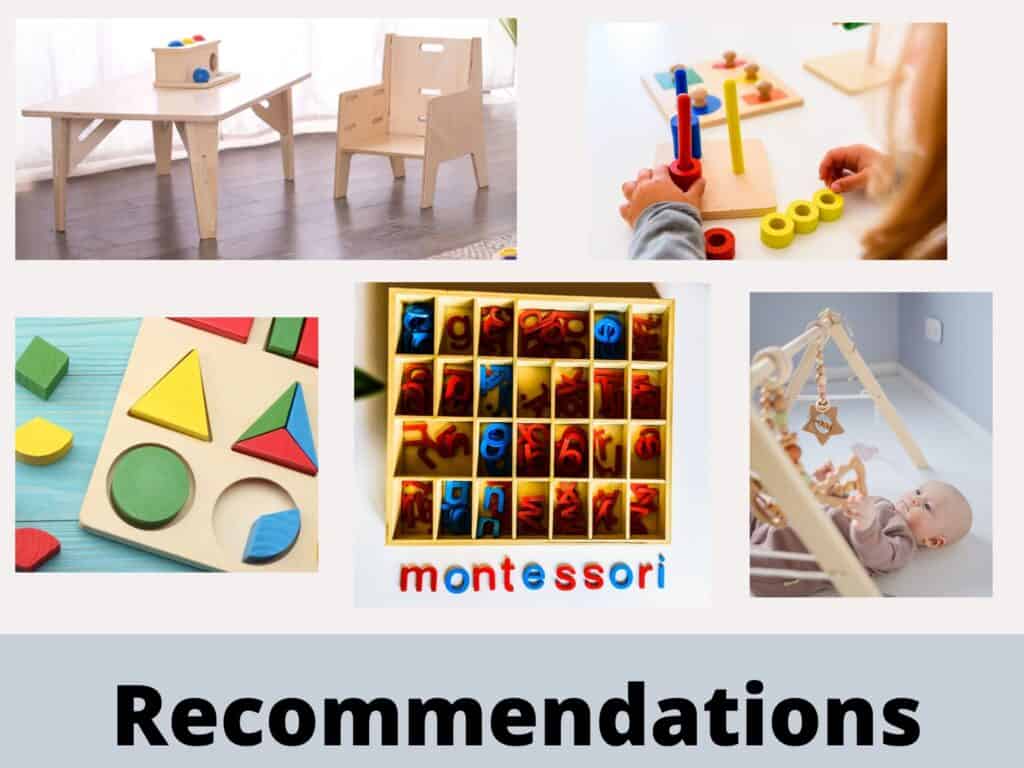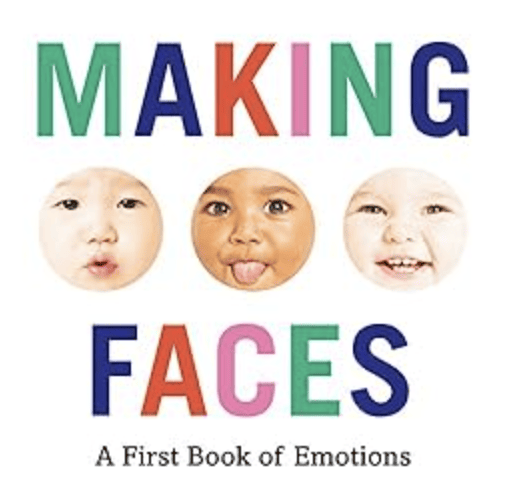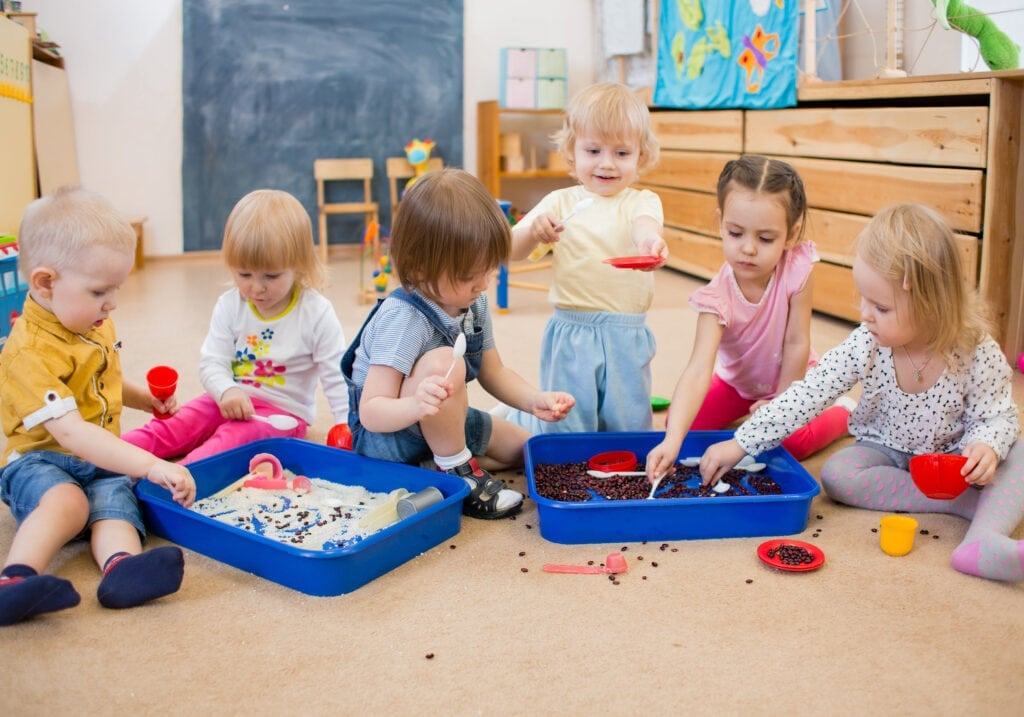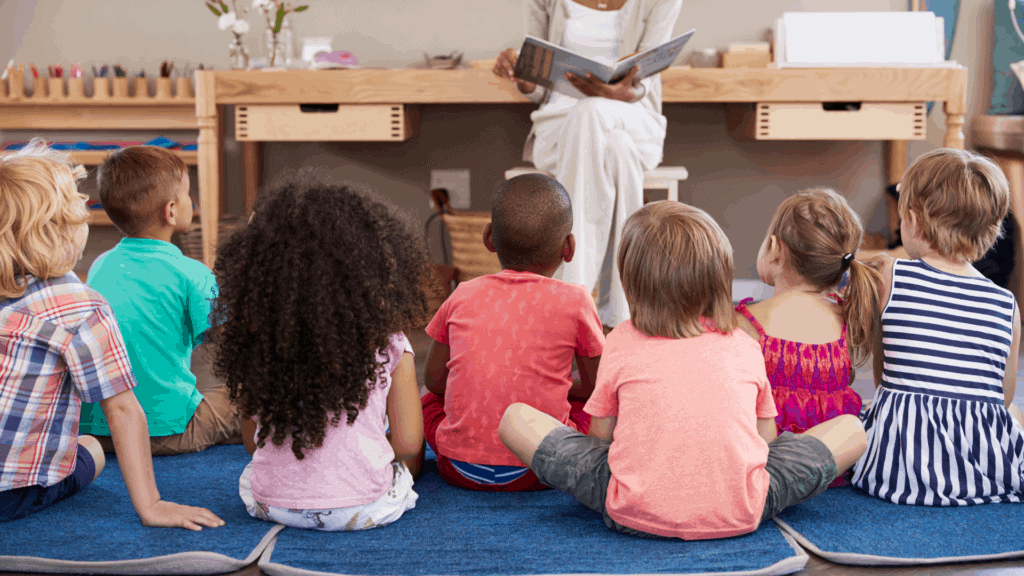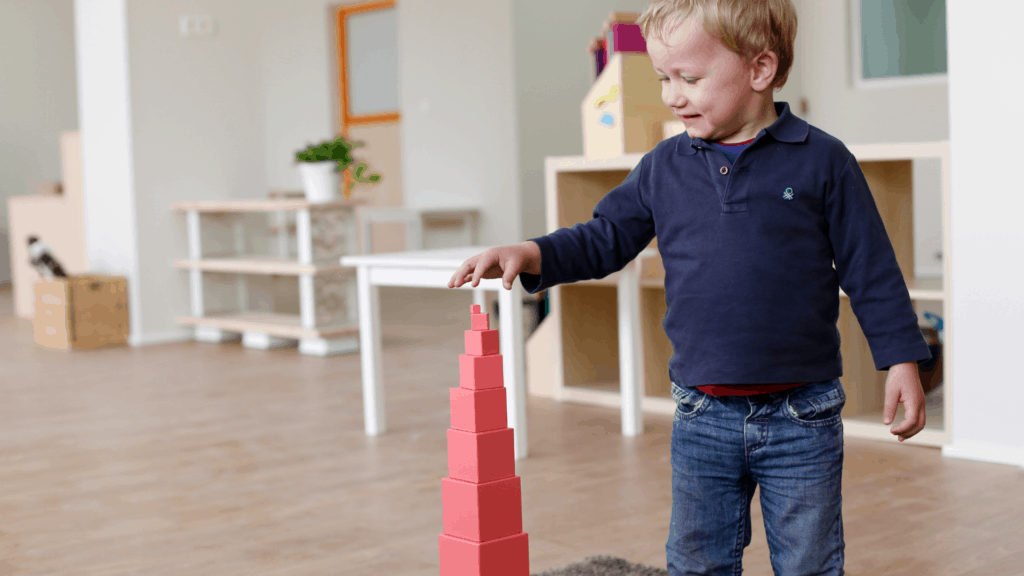In our developmental stages of play series, we’ve gone in-depth about parallel play and associative play. Rounding out our series is the sixth and “final” stage of play: cooperative play!
Cooperative play is the stage of play that typically emerges after children are around 4 years old. Cooperative play describes the developmental stage in which children collaborate with their peers and play together in an organized fashion. This is the most complex and sophisticated form of play and the form of play that people most commonly engage in for the rest of their lives.
So, why do children engage in cooperative play, how is cooperative play beneficial, and what can parents, teachers, and caregivers learn from cooperative play? Read on to find out!

What Does Cooperative Play Look Like?
Why is it important to know what cooperative play looks like?
The word “cooperative” is literally in the name! It must be pretty easy to identify, right?
Well, not always…
Imagine for a moment that you’re a parent who’s pretty well-informed about child development. Most of you probably won’t have to imagine this!
You’ve watched your preschooler move through all the stages of play throughout her life – from grabbing her toes as a young infant to beginning to show focus on solitary activities to watching her cousins play together to mimicking their behaviors to beginning to try to engage her classmates in her favorite imaginary games.
Her fourth birthday has come and gone and you’ve noticed a new change in how she’s playing with other children. More and more often, you see her playing complex, collaborative games with her peers.
Could this be cooperative play?
But wait! When you watch her and her friends playing together, it doesn’t seem very cooperative at all.
Your daughter, normally so kind and conscientious at home, seems to turn into a tiny tyrant when she’s with her friends. She bosses, she scolds, she tells other children that they’re playing “wrong” or that they can’t play at all!
Not that the other children are showing teamwork any better.
Some become controlling like your daughter, while others throw tantrums or seem to ruin the games on purpose.
Nearly every playdate ends in at least one meltdown.
You begin to worry. Cooperative play is the final developmental stage of play, so does this mean that your daughter will play like this forever? Did something go wrong in an earlier stage? Has she failed to acquire developmentally appropriate social skills?
Not at all!
One common misconception about cooperative play is that, once children reach this stage, they have all the skills they need in order to engage in respectful, collaborative, and productive play.
In reality, this couldn’t be further from the truth.
As children enter the cooperative play stage, they are actually beginning their journey into a new stage of socialization.
Children go through various stages of play, including unoccupied play, solitary play, onlooker behavior, parallel play, and associative play. These stages help build the basic skills that children need to engage in any form of collaborative play.
However, when children reach the cooperative play stage, they start refining the social skills that will benefit them throughout their lives. So, it’s not an ending; it’s just the beginning of a new stage in their development.
It’s not realistic to expect young children who are just starting to interact with each other in a play environment to have sophisticated social skills.
As they learn and grow, conflict, hurt feelings, and growing pains are bound to happen. While it can be difficult to see our children struggle, it’s a natural and healthy part of their development.
So, what does this behavior mean and why is it such an important developmental stage?
How is Cooperative Play Developmentally Beneficial?
Cooperative play is a key developmental stage of children’s play. It can be seen as a continuum, with the earliest stage involving self-exploration, followed by an interest in peers in the middle stage, and finally leading to interaction, collaboration, and play with peers in the final stage.
In associative play, the prior developmental stage of play, children are just beginning to try out how it feels to play together.
In cooperative play, children enter “true” collaborative play with each other. At this stage, children start to explore games that involve multiple players, structured play, and games with rules and guidelines that need to be communicated to all participants.
They also begin to engage in fantasy play where multiple imaginations work together, and games where different participants take on different roles.
So, what does this mean?
At this stage, children are absorbing a lot of new information rapidly. They learn about communication, which includes coordinating activities and movements with their peers, setting and enforcing rules and guidelines, and establishing roles and leadership.
They are learning how to engage in complex, collaborative activities.
They are learning how to internalize and incorporate information from multiple different sources.
They are learning how to problem-solve and mediate conflict. Play is complex.
There’s a reason that children need to move through five developmental stages prior to engaging in cooperative play.
Once children enter the cooperative stage of play, they will spend the rest of their lives developing and refining their social toolbox.
This will include verbal and communication skills, fine and gross motor skills, social-emotional skills, sharing and collaboration, problem-solving, and much, much more.
How Can You Support Your Child in Learning Through Cooperative Play?
The Montessori method is deeply rooted in child development, so
In a classroom,
A child playing with someone at their own developmental stage is learning something different than a child playing with someone older or younger. Both are valuable, but it’s important to know why and how. Additionally,
For parents, knowledge of cooperative play can help inform your approach to your child’s socialization and can provide insight into your child’s current developmental needs. Children engaging in cooperative play are developing quite a few different skills.
The newest and least practiced of these skills will likely be problem-solving and conflict resolution. These are also the areas that are most likely to cause frustration during play. You can support your children by helping them think through and practice different responses to conflicts and setbacks.
You can also help them by supporting them in developing emotional regulation strategies. This is a great age to focus on social-emotional learning. You can start with activities and habits that help your child develop the ability to identify and regulate their own emotions. This will help them to stay calm and engaged in social situations instead of becoming overstimulated or upset.
Cooperative play can initially be overwhelming to children, but you’ll soon notice them becoming more and more comfortable and confident as they play with their friends. This is an incredibly exciting stage full of deep learning and growth!
